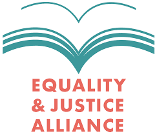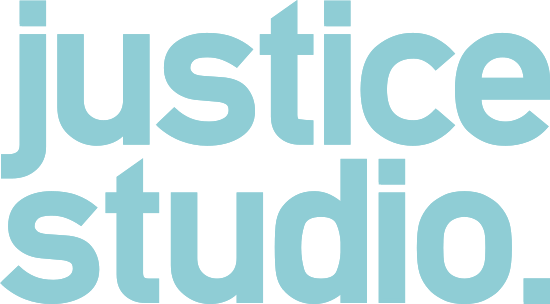CLIMATE JUSTICE
CLIMATE JUSTICE
Climate justice is the recognition that the climate crisis needs to be understood through a human rights lens. As climate change will not be borne equally or fairly, between rich and poor, women and men, and older and younger generations our work serves to highlight and correct this.

Climate justice is increasingly emerging as a key human rights issue, and Justice Studio’s latest programmes incorporate it. For example:
 |
Climate justice was central to the work we did with Thousand Currents a global intermediatory funder that is challenging the practices and narrative of private philanthropy and international aid. With the intension to explore and implement a learning framework that truly reflects their values, Thousand Currents engaged Justice Studio, to assist them in creating a learning and evaluation framework for their partners working in Climate Justice in Africa, Asia-Pacific and Latin America. |
   |
Justice Studio undertook an Evaluation of the International Climate Initiative (IKI)’s Covid 19 Regeneration and Re-build Programme for The German Government: Ministry for Climate Nature and Nuclear Safety (BMWK), BMUV and the Foreign Office (AA). The aim of the Regeneration – Covid-19 Africa Response & Rebuild was to support sustainable value chains in the coffee and cocoa sectors threatened by liquidity constraints and forest-dependent communities in selected countries in Africa. It provides repayable grants to enhance the sectors liquidity and aid the purchase of raw materials from smallholder farmers in East and West Africa. |
 |
When we mapped gender justice movements in the Pacific and Caribbean for the Equality and Justice Alliance climate justice was a key concern for stakeholders. Activists from both Fiji and Nepal identified climate change as an issue having an impact on how the women’s movement organises. Stakeholders from Women in Fisheries in Fiji outlined how, “Climate change is real and it’s impacting our food security, forcing people to evacuate from their homes, and also affecting the way a household organises itself. It’s not just environmental change, or physical change, it’s way more than that. It plays an important factor in the way we organise ourselves and the way women organise themselves.” (EJA 2019) |
 |
Media Trust works to strengthen the voices of marginalised groups and young people in the media and creative industry. In 2021, Media Trust launched the Weston Communicating Climate programme, funded by Garfield Weston, with the aim of supporting small and medium-sized climate change and environmental organisations across the UK. Media Trust commissioned Justice Studio to conduct an independent external evaluation of the Weston Communicating Climate programme to consider the efficacy of the programme. |






